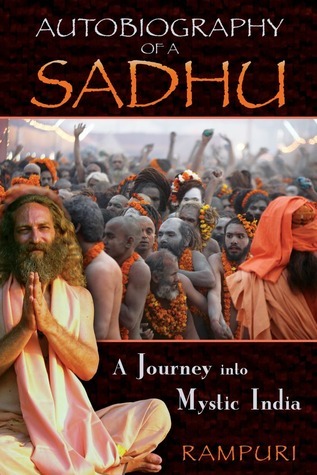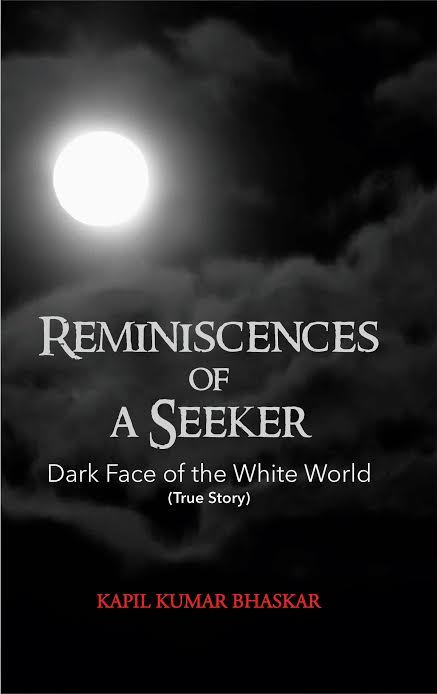
Aghora: At the Left Hand of God
Book Description
Beneath the chaos of life lies a path few dare to tread—a path illuminated by the fierce light of a man who embraces darkness to uncover truth. In *Aghora: At the Left Hand of God*, Robert E. Svoboda plunges readers into the mystical world of the Aghoris, where the sacred and the profane intertwine in a breathtaking dance of spirituality. Experience the raw power of rituals that challenge societal norms and confront mortality head-on. Can one truly find enlightenment at the edge of fear, or does the journey itself hold the ultimate secret?
Quick Book Summary
"Aghora: At the Left Hand of God" by Robert E. Svoboda offers readers an uncompromising exploration of the Aghori sect, a group of ascetics devoted to Lord Shiva who seek transcendence by embracing taboo, darkness, and death. Through the voice and experiences of Vimalananda, a real-life Aghori, Svoboda guides readers into India’s underworld of spiritual practice, where the boundaries between sacred and profane blur and enlightenment is pursued through radical acceptance of life's extremes. The book challenges conventional spirituality by presenting the Aghoris' belief in the non-duality of reality, their fearless approach to taboo, and their intense rituals as paths to deeper truth. In presenting the inner workings and philosophies of this enigmatic tradition, Svoboda invites readers to question their own conditioning and to consider the value of seeing divinity in all aspects of existence, even those we are taught to shun.
Summary of Key Ideas
Table of Contents
Transcending Duality and Embracing the Shadow
Svoboda’s journey into the world of the Aghoris begins with an exploration of duality and the discomfort it breeds within mainstream society. The Aghoris, inspired by the fierce aspect of Shiva, actively seek to dissolve the boundaries between sacred and profane, insisting that the source of all reality is undivided. For them, light and darkness are two facets of the same divine presence; embracing the darkness—whether it represents death, taboo acts, or the shadow self—is necessary for true understanding. Through the teachings and anecdotes of Vimalananda, the central figure of the book, the reader is invited to perceive reality without the filters of cultural conditioning.
Confronting Mortality and the Taboo
A central theme of the Aghora path is confronting mortality and the taboo directly. Unlike most spiritual traditions that shy away from death, the Aghoris make it a focal point of their practice. Engaging in meditations within cremation grounds and interacting with the deceased, they face the ultimate fears of the human experience. By internalizing the impermanence of life, Aghoris aim to liberate themselves from fear and attachment. Their rituals, which often violate societal standards, force practitioners to examine their revulsions and, ultimately, develop equanimity and compassion.
Rituals as Pathways to Enlightenment
Rituals play a pivotal role throughout the book, depicted as powerful tools for self-transformation. Far from mere spectacle, these rites are undertaken with deep seriousness, intended to shatter illusions and facilitate ego dissolution. Acts that outsiders may view as repugnant—such as using skulls in rituals or consuming substances considered impure—are framed as opportunities to confront conditioning and recognize the sacred in everything. Svoboda elucidates how these seemingly extreme practices serve as a mirror, reflecting the practitioner’s deepest fears and fostering spiritual growth.
The Mentor-Disciple Relationship
The relationship between mentor and disciple emerges as fundamental to the Aghori journey. Vimalananda’s guidance to Svoboda is at once loving and uncompromising, demanding both unwavering trust and relentless honesty. This relationship facilitates the transmission not just of technical practices, but of a worldview—one that dares to court the very edge of human experience. The disciple is challenged to surrender and, through surrender, to attain deeper insights into the subtle workings of the self and the cosmos. Svoboda’s own transformation under Vimalananda’s guidance provides a narrative backbone to the book’s explorations.
Challenging Social Constructs and Beliefs
Finally, Svoboda contextualizes the Aghoris within broader Indian society, examining how their practices serve as a counterpoint to mainstream beliefs. The willingness of Aghoris to break every social rule exposes the arbitrariness of many societal constructs, prompting a reevaluation of morality, purity, and even sanity. By following this unconventional path, the Aghoris demonstrate that true spirituality may sometimes demand stepping beyond the limits of convention and comfort, and finding the divine, unvarnished, in every aspect of life.
Download This Summary
Get a free PDF of this summary instantly — no email required.





